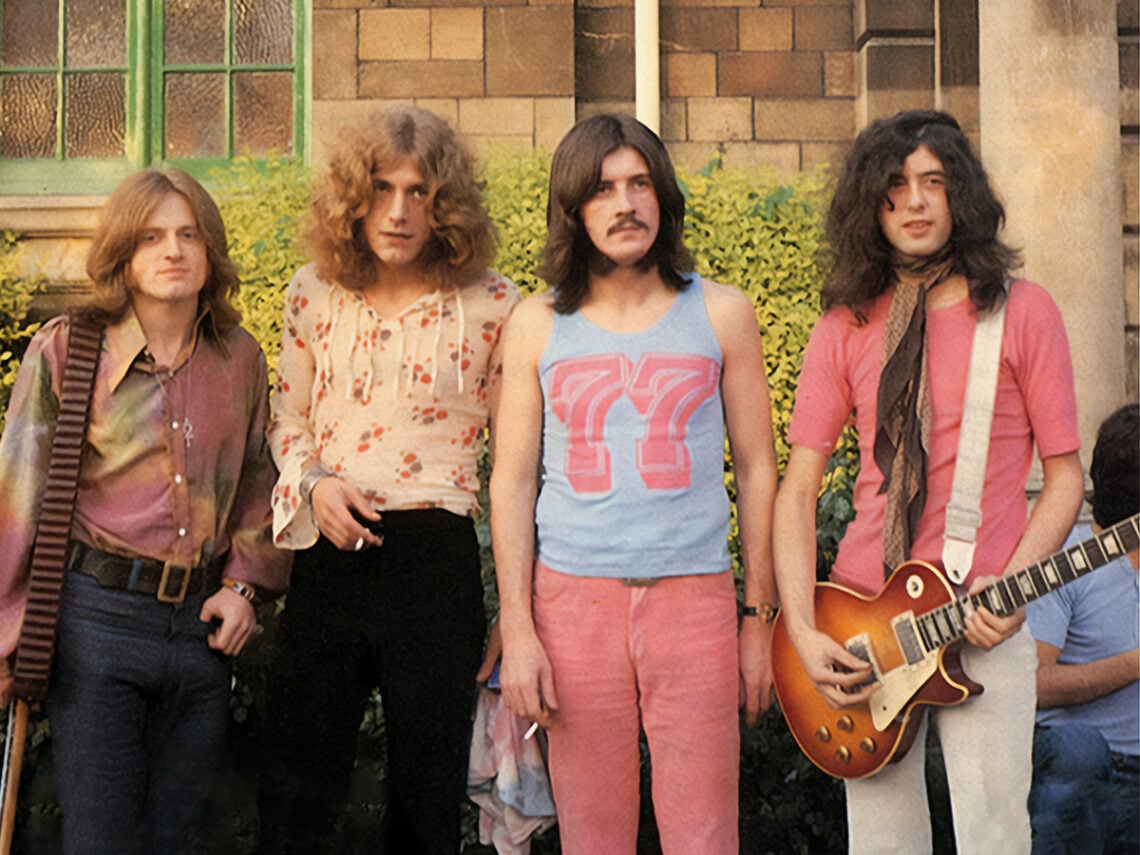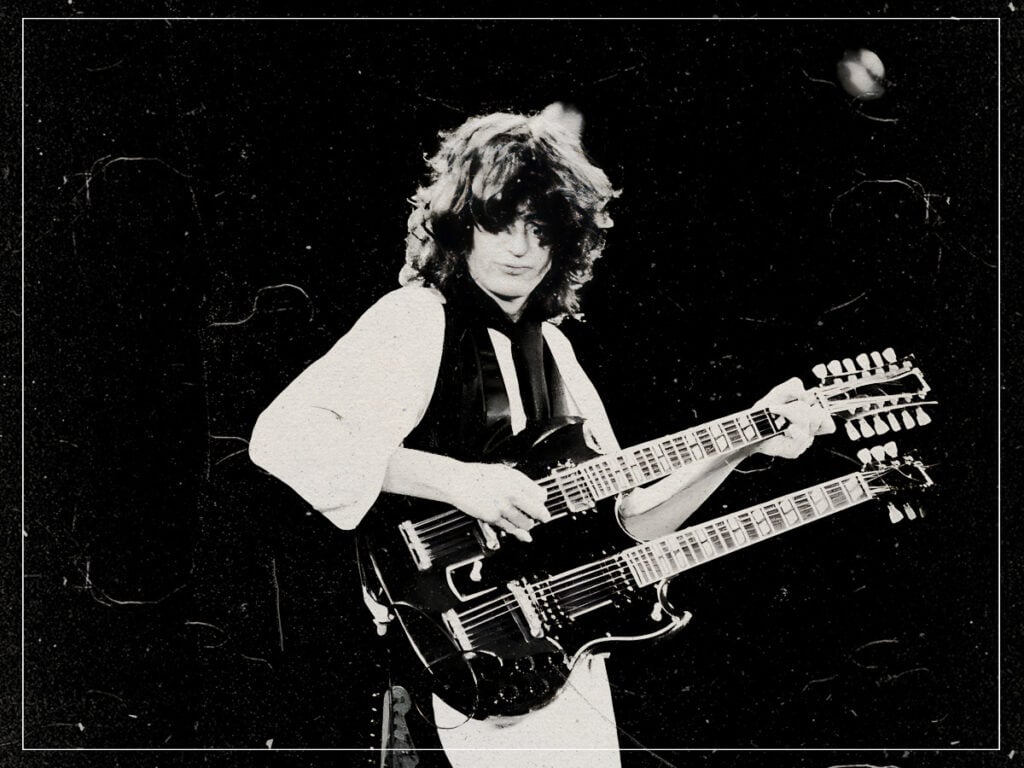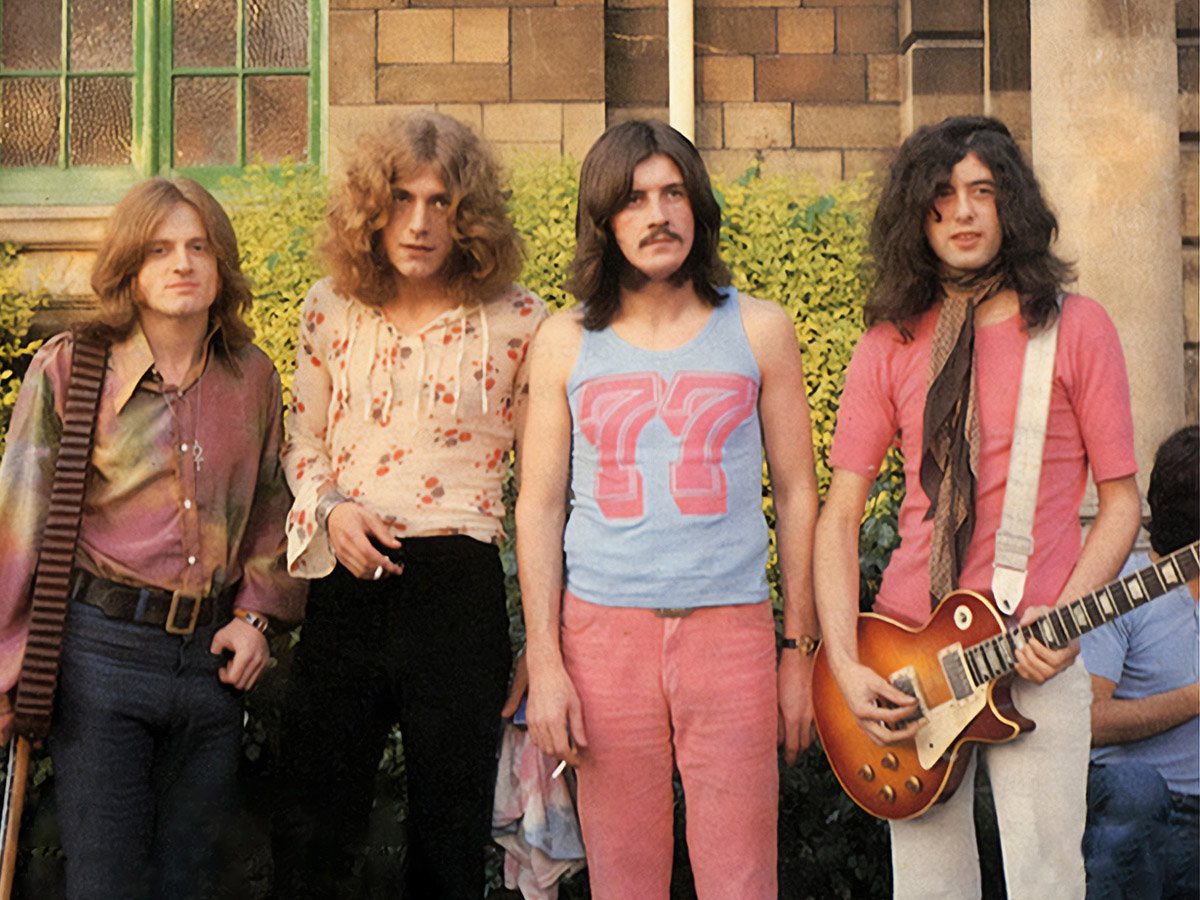
(Credits: 2025 Paradise Pictures Ltd)
Sun 19 October 2025 13:03, UK
There aren’t too many rock bands on this planet that haven’t taken at least a few lessons from Led Zeppelin. Coming out of the London blues scene, Zeppelin’s rock flair and focus on vast concepts have left their mark on rock ever since Jimmy Page first strapped on his guitar. Then again, Page can differentiate between flattery and being ripped off.
Now, before we get into such a diatribe, it should be first recognised that if there is one classic rock band that should mind their manners when accusing others of copying their style, then Led Zeppelin is it. They might be one of the more unique outfits to come out of the 1970s, but the group borrowed heavily from the blues masters.
For some, in fact, the heavy amount of inspiration Page took from those blues legends leaves a bitter taste in the mouth. But, for the most part, Zeppelin’s lifting felt more like an homage, a recognition, of a group who had seemingly been forgotten by modern music of the day.
Before Zeppelin even existed, there was a solid case to be made for Zeppelin themselves being a massive rip-off. Coming after years of traditional blues practice, Page and Robert Plant had been known to co-opt various riffs and blues melodies for themselves. On a handful of their classic hits, the band were eventually sued for royalties over the success of songs like ‘Whole Lotta Love’ and ‘The Lemon Song’, which sounded too close to artists like Willie Dixon.
As the rock scene started to get used to Zeppelin’s flavour of hard rock, everyone from Black Sabbath to Aerosmith was taking their blueprint and applying it to their tracks, which started a snowball effect with the rest of the rock scene. While Page couldn’t escape bands ripping off his guitar sound or style, he felt that one particular power metal outfit crossed the line in the 1980s.
 Jimmy Page on stage for Led Zeppelin. (Credits: Far Out / Andrew Smith)
Jimmy Page on stage for Led Zeppelin. (Credits: Far Out / Andrew Smith)
After coming across various copycats in his time, Page singled out the band Kingdom Come as one of the most egregious examples of Zeppelin plagiarism, telling Q Magazine: “Obviously, it can get to the point where it gets past being a compliment, and it can be rather annoying, when you’ve got things like Kingdom Come, actually ripping riffs right off, that’s a different thing altogether.”
Forming with future producer extraordinaire Bob Rock in tow, the band had been lauded for their traditional rock and roll approach, which never sat well with fans or critics. It also probably didn’t help that Rock was an avid disciple of Page, even boasting the famed double-neck guitar when performing live with the band.
Although Rock would see success with the band and even managed to open arena shows for Bon Jovi at the time, he tended to feel more at home in the studio, making the magic happen for artists like Metallica and Aerosmith. That’s not to say that he didn’t eventually use his Zeppelin worship elsewhere.
When working on Metallica’s acclaimed Black Album in the early 1990s, Rock wanted to reframe the song ‘Sad But True’ as a metal answer to the Zeppelin epic ‘Kashmir’. Though Page would let any Zeppelin comparisons fall by the wayside, his writing partner could be just as biting with his criticism.
Throughout the years, Robert Plant has never minced words about bands that he thought borrowed too heavily from his old band, recently criticising Greta Van Fleet for their shameless co-opting of his vocal style. The members of Zeppelin might have a point about fans ripping them off, but if bands could be charged with ripping off Zeppelin, a handful of the greatest rock records ever made probably wouldn’t exist.
Related Topics
The Far Out Led Zeppelin Newsletter
All the latest stories about Led Zeppelin from the independent voice of culture.
Straight to your inbox.

